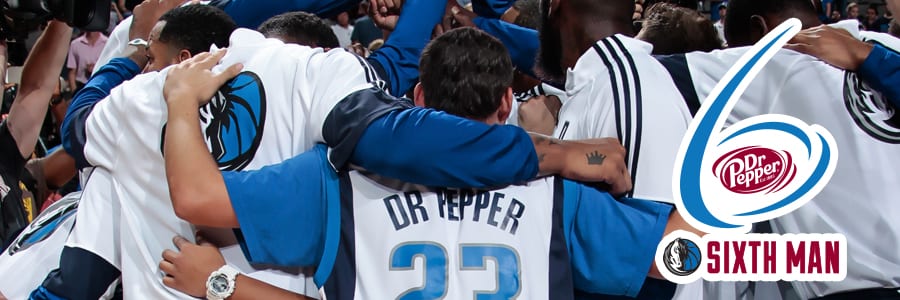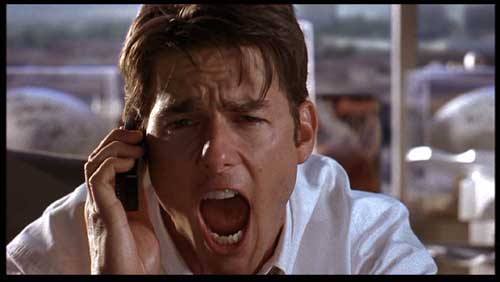by Kirk Wakefield – November 2016 Leave Emotion at the Door In a scene from the movie Ocean’s Eleven, Rusty (Brad Pitt) is teaching Hollywood actors how to play poker. During his lesson on “how to draw out the bluff,” he asks a player what the first lesson of poker is. The answer: “Leave emotion…Continue Reading 4 Keys to Effective Ticket Pricing
4 Keys to Effective Ticket Pricing




